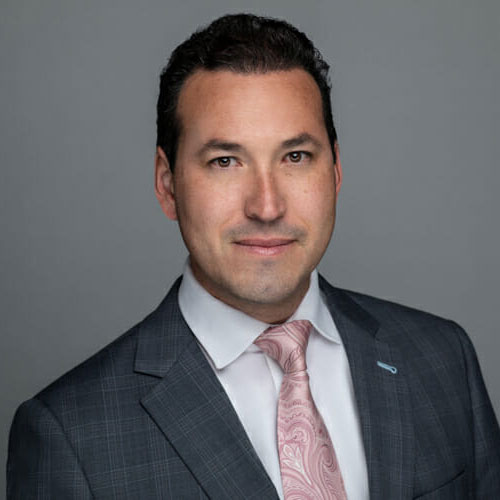Daniel C. Conlon, Esq., (412) 594-3951, dconlon@tuckerlaw.com
If you are starting a food and beverage business that serves alcohol in Pennsylvania many questions come to mind: What type of license do I need? How do I purchase a liquor license? At what point do I need a lawyer?
As an experienced liquor license attorney in Pittsburgh, Pennsylvania, I know how overwhelming it may seem. But I hear these questions from my clients often and will break it down to basics in this article.
Different Types of Liquor Licenses in Pennsylvania
The first thing to know about liquor licenses in Pennsylvania is that there are many types. Each license has different requirements and privileges.
Your business will determine what kind of liquor license you will need. For example, a hotel owner will likely need to apply for a Hotel “H” license, while a restaurant will need a Restaurant “R” license.
The most common types of liquor licenses in Pennsylvania are:
- Restaurant (R) Liquor License
- Eating Place (E) Liquor License
- Hotel (H) Liquor License
- Manufacturer (G) License
- Limited Winery (LK) License
- Limited Distillery (AL) License
Who Issues Liquor Licenses?
Every liquor license is issued by the Pennsylvania Liquor Control Board (PLCB), an independent government agency of the Commonwealth of Pennsylvania that manages the state’s alcoholic beverage industry.
Quota System for Retail Licenses
Restaurant (R), Eating Place (E), and Hotel (H) licenses—all known as “retail licenses”—are on a quota system, which means that the state has authorized a limited number of these licenses in each county based on its population. Any county in Pennsylvania is allowed one R, E, and H license per each 3,000 inhabitants. A retail license can only be used in the county where it was issued.
How Much Does it Cost?
Urban and populous counties like Allegheny and Philadelphia have the majority of Pennsylvania’s retail liquor licenses. Rural counties with fewer inhabitants have fewer licenses. Supply and demand determine the market value of a retail license.
Demand for a license in a county with fewer retail liquor licenses available may drive up prices. Depending on the market, PA liquor license sales vary wildly, running anywhere from $15,000 to $500,000, plus PLCB transfer fees (usually under $2,000).
Unlike retail licenses, there is no quota for Manufacturer (G), Limited Winery (LK) and Limited Distillery (AL) licenses. As a result, these licenses are a much lower investment. To learn more about manufacturing licenses and its storage or satellite location options visit this previous article.
Purchasing a PA Liquor License
Retail licenses are commonly sold by food and beverage businesses who are using (or used) the license, however, sales/purchases are often made through a liquor license broker. The sale/purchase of a liquor license must be approved by the PLCB. While licenses may be sold, a liquor license, according to the State is a “privilege” so the PLCB will investigate the buyer of a license and its proposed licensed premises.
Renewals and Validations
After the dust settles on a successful liquor license transfer, you, the proud new owner of the license, must prepare for an annual “check up” of the license. During these “check ups” —called renewals or validations depending on the year— the PLCB will review if any citations were issued to the licensee and whether PA Revenue and Labor and Industry taxes are paid.
When to Hire a Liquor License Attorney
Obtaining PLCB approval to acquire a liquor license can often be a complicated process. Renewals and validations may also come with several pitfalls. It is recommended to retain legal counsel early in the process of obtaining a liquor license or in a complicated license renewal or validation. The transfer of a retail liquor license may require the buyer to produce numerous legal documents and financial records.
Hiring an experienced liquor license attorney will ultimately save you money by facilitating connections with brokers and navigating the complex PLCB network, rules and regulations. Also, engaging the help of a liquor license attorney in a complex license renewal could make the difference between a suspension or revocation of a license and continuing operations.
If you are looking for legal counsel for your liquor license, we are here to help.
Daniel C. Conlon, Esquire is a liquor license attorney in Pittsburgh, Pennsylvania. He has helped many breweries, clubs, hotels, and restaurants with liquor license acquisitions and transfers, as well as defended citations by the Bureau of Liquor Control Enforcement. For more information on this or any other legal topic, contact Daniel at dconlon@tuckerlaw.com.

Daniel’s practice is centered at the intersection of business, law and government.
